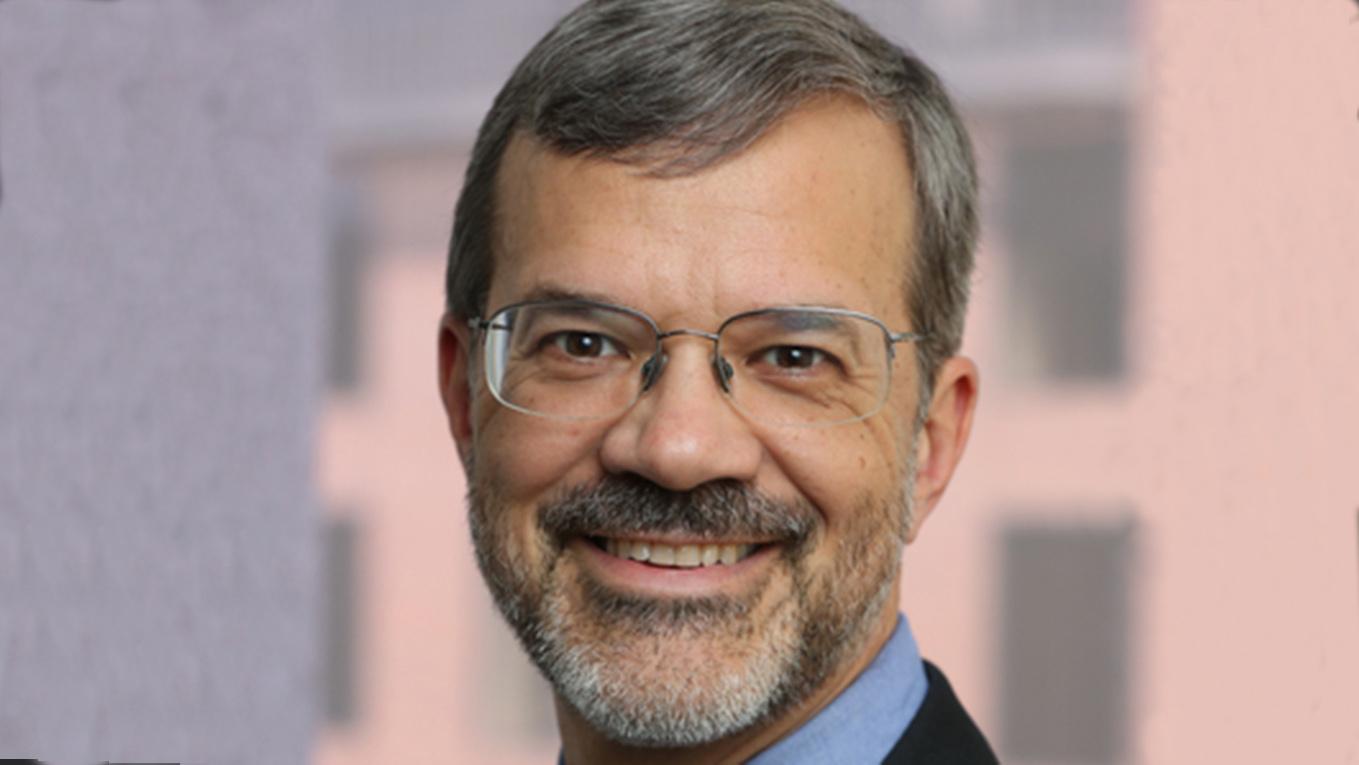3835 Campus Drive
Architecture Building (145 ARC)
College Park, MD 20742
United States
The U.S. city was built for the Baby Boom. Its bones were formed when the U.S. was in its final decades of legal apartheid and fleshed out over four decades of rising inequality. The Baby Boom is still here and will continue to shape cities, suburbs, and rural areas.
But we now need to accommodate new generations—starting with the Millennials—whose coming of age requires millions of new rental housing units. Where will this housing be built? How will established housing and communities adapt to meet their needs while also allowing Baby Boomers to live comfortably well into old age? How do the answers to these questions differ depending on where we look?
Pendall discusses recent trends, charts out national future prospects, suggests alternative scenarios for local areas, and identifies policies, practices, and incentives that could make Millennial Cities more inclusive in 50 years than Baby Boomer cities are today.
Rolf Pendall, Ph.D., is Co-Director of the Metropolitan Housing & Communities Policy Center at the Urban Institute. In this role, he leads a team of over 50 experts on a broad array of housing, community development, and economic development topics, consistent with the Urban Institute’s nonpartisan, evidence-based approach to economic and social policy. Dr. Pendall’s research expertise includes federal, state, and local affordable housing policy and programs; land-use planning and regulation; metropolitan growth patterns; and racial residential segregation and the concentration of poverty. His current work focuses on demographic change and regional futures in the US, especially the future of the Great Lakes region. From 1998 to 2010, Dr. Pendall was a professor in the Department of City and Regional Planning at Cornell University.
Rolf Pendall is the LeFrak lecturer for Spring 2017.

